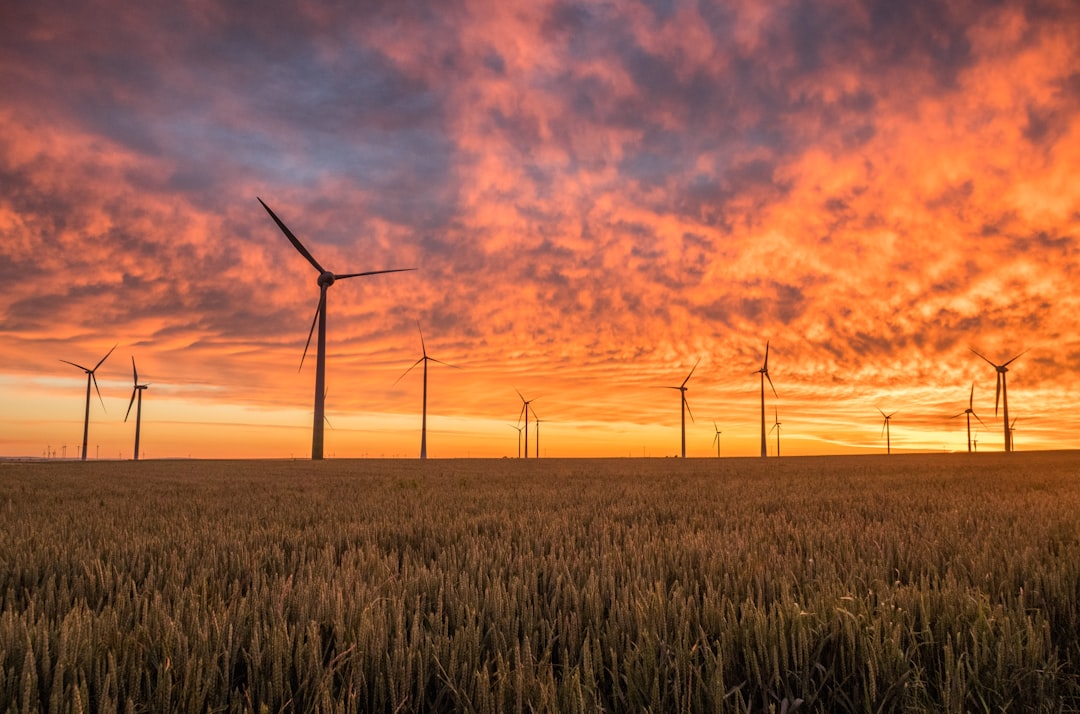What is it about?
Domestication of the oceans is widely regarded as a possible solution to increase food and could be one of the next most important developments in human history. Seaweed aquaculture can help to address global challenges related to nutrition, health and sustainable circular bio economy. Today, there is growing need for development, improvement and diversification of seaweed aquaculture practices in Europe, a continent characterised by its large coastal territory and large range of climates.
Featured Image

Photo by Shane Stagner on Unsplash
Why is it important?
Seaweed are plant-like organisms, playing a key ecological role in coastal ecosystems: support of food web, coastal protection of erosion, bioremediation by removal of nitrogen or phosphate and possible pollutants and CO2 sequestration. Although European marine flora displays one of the highest species-diversity levels in the world, its commercial production is still in its infancy, with only 1% of the world’s production from which less than 1% was coming from aquaculture in 2016. Interest in seaweed-based industrial applications is on the rise. The estimated value of the global seaweed production industry is more than ~ 8B€ (for 30Mt) and is continuing to expand. Seaweed are thus a promising bioresource for the future and the demand for high-value seaweed-derived compounds (cosmetics, food) is growing in Europe. However, the European production lags behind Asian countries despite its large exclusive economic zone, its high seaweed biodiversity and its international leadership in fundamental research on seaweed genomics, genetics and cutting-edge techniques.
Perspectives
Therefore, European industries involved in the development of sustainable seaweed aquaculture need to be supported. The publication highlights the current state of European seaweed production and pinpoints challenges for the development of this sector in the current European context. It proposes recommendations for short-term and long-term improvements at different levels of the chain.
Michele Barbier
Institute for Science & Ethics
Read the Original
This page is a summary of: Development and objectives of the PHYCOMORPH European Guidelines for the Sustainable Aquaculture of Seaweeds (PEGASUS), Botanica Marina, January 2020, De Gruyter,
DOI: 10.1515/bot-2019-0051.
You can read the full text:
Resources
Contributors
The following have contributed to this page










